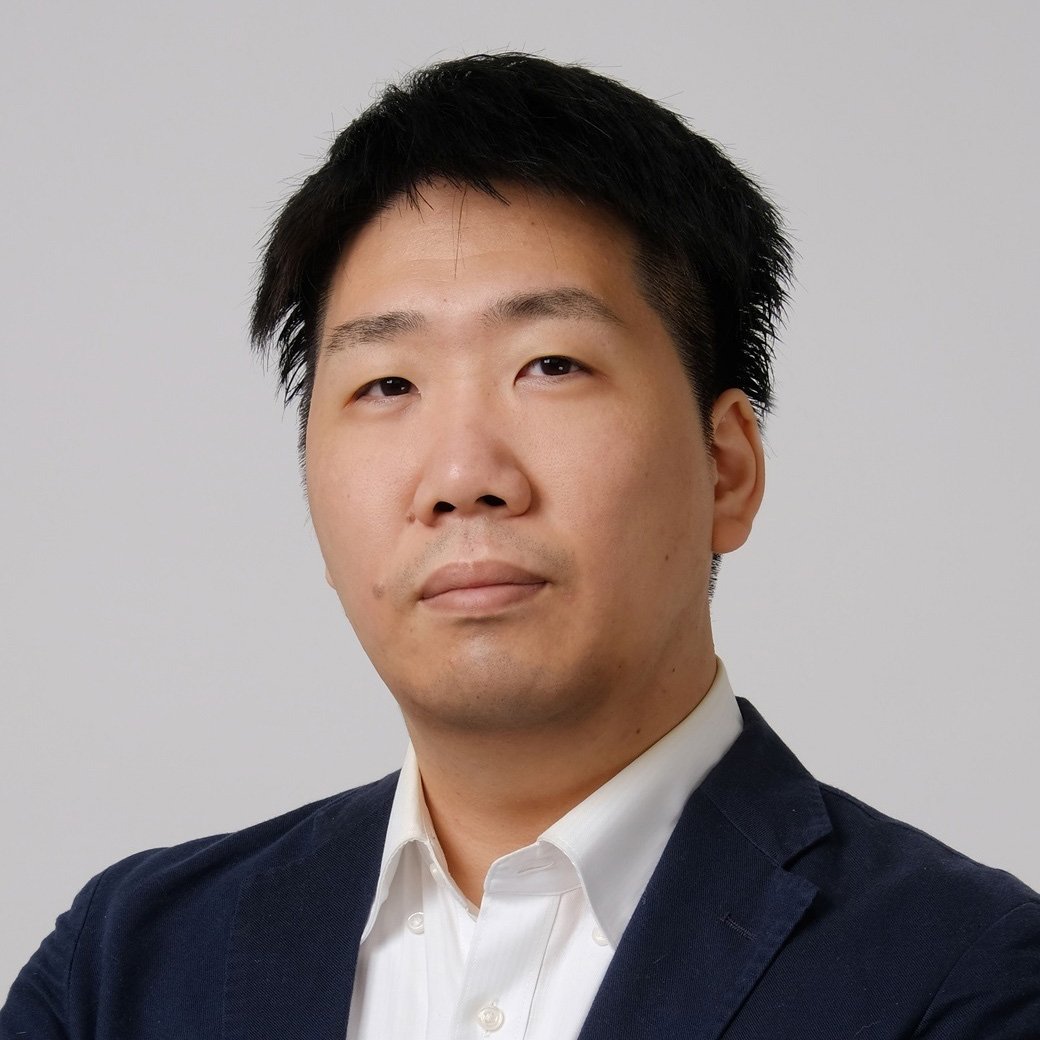A quantum computer requires a special algorithm called a quantum algorithm, which is specific to quantum computing. However, current quantum computers are prone to calculation errors caused by noise, and there are also many hurdles to using the limited number of actual devices available. It is therefore vital for the development of quantum algorithms that they be verified on a conventional computer (classical computer), as it is error-free and readily accessible.
Yasunari Suzuki led the development of Qulacs, a quantum computer simulator that can be used on conventional computers, and released it as open source software. Although IBM and Microsoft also offer quantum computer simulators, Qulacs is unique in its fast processing speed. Qulacs has set world records for the fastest speed in multiple benchmarks simulating quantum computing on a single computer node. As of now, it has been downloaded over 270,000 times and is used by quantum algorithm developers around the world, including Google and Fujitsu.
For Suzuki, a leading innovator in quantum computing research in Japan, Qulacs is only a small part of this vast achievement. Suzuki, who conducted his own experiments in quantum computation as a student, thought that it would be challenging to create a high-performance, megabit-class quantum computer by merely building on current technology. He has since worked on the design and optimization of a large-scale, realistic quantum computer and has accumulated a great deal of experience in the field.
Among his achievements is the development of a system that abstracts and controls integrated qubits as computing devices. This system provides two functions: isolation of hardware and program information through abstraction, and automatic and parallel calibration of a large number of qubits. The system is also being used as the basis for large scale device control as part of a national project to integrate superconducting qubits.
He also worked on the design and implementation of the processor which controls the quantum computer. A qubit is the equivalent of a memory component in a conventional computer, and a device comparable to a processor is necessary for high-speed calculations. However, conventional research has focused on improving the quality and integration of qubits, and fast, error-resistant computing mechanisms have remained a theoretical proposition.
Suzuki was able to concretize an architecture for executing high-speed quantum computation at the implementation stage, and laid the foundation for evaluating the speed and performance of the system.
Suzuki states that his goal is "to achieve quantum computing that is commercially useful and bring about a society that makes use of quantum information processing." Suzuki, whose work straddles the fields of physics and computer science, is actively engaged in research to accelerate the development of large scale quantum computers and to bring them to practical use ahead of the rest of the world.




